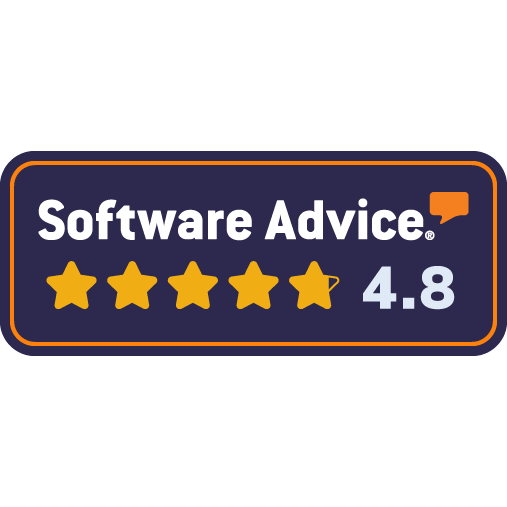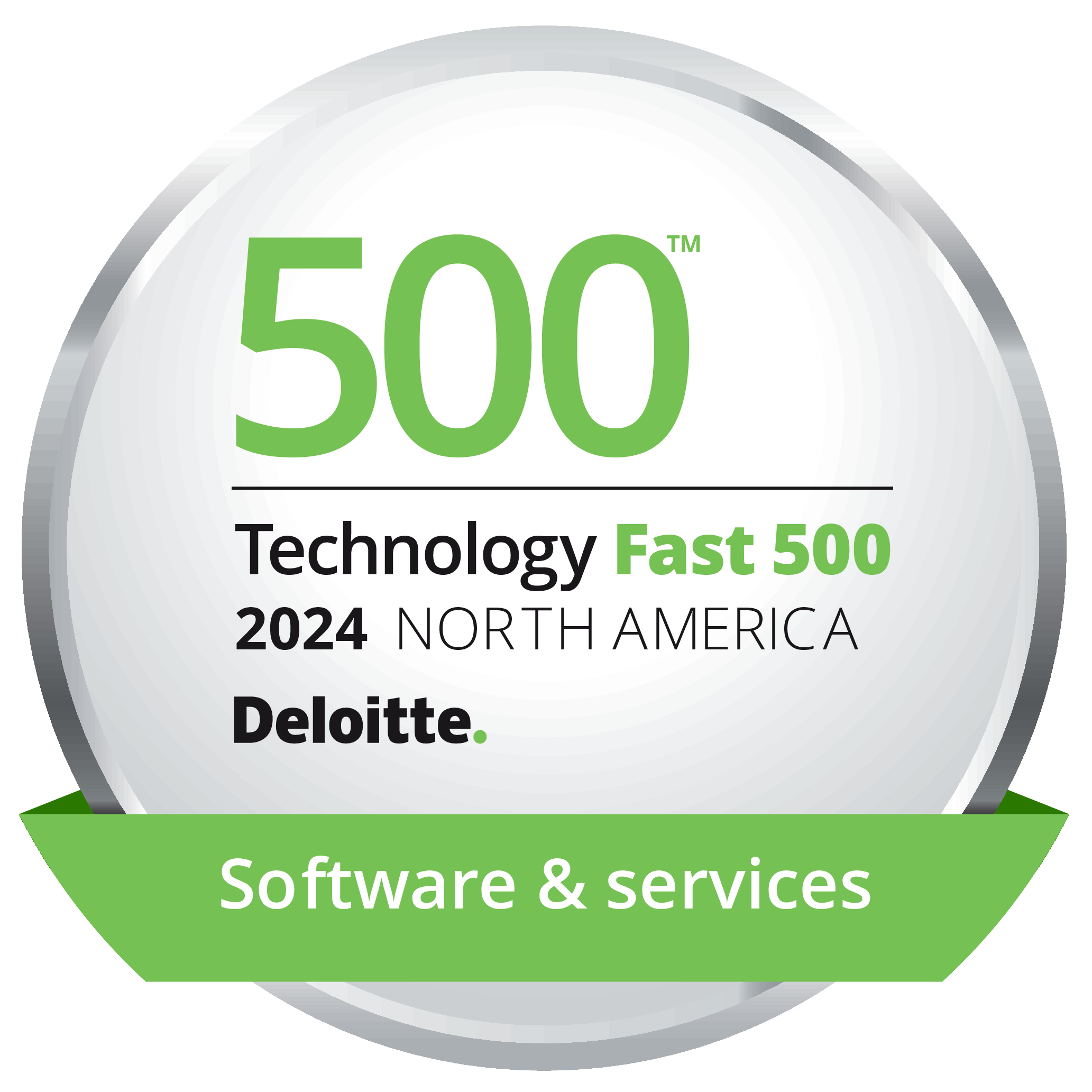Conversational AI for 2-way texting that engages leads automatically, 24/7
We filter out unqualified leads and pass warm opportunities to your team
With >98% open rates, texts are customers' #1 preferred channel
Quality assured with human-in-the-loop and compliance built in






– Joe Tankard, CMO, Maverick Windows